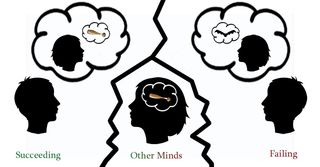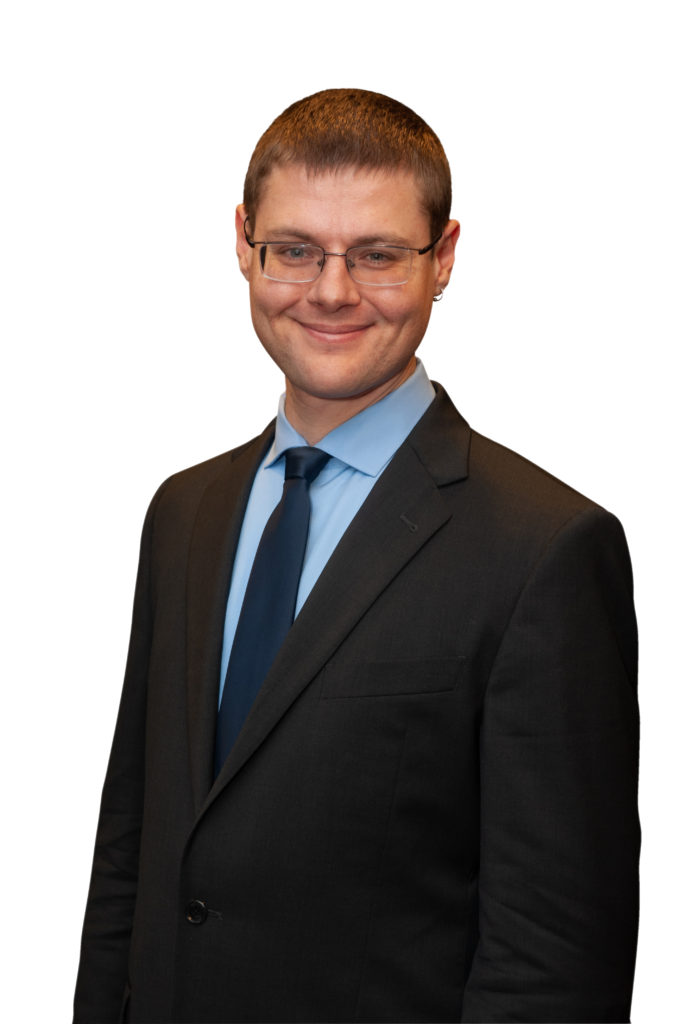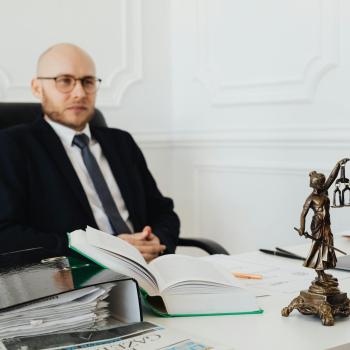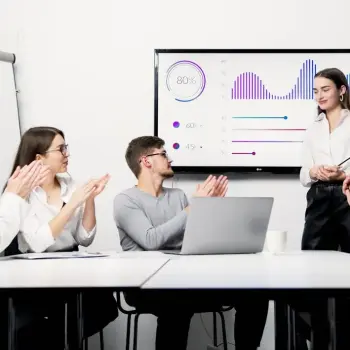
Imagine you’re really excited about a new idea for a collaborative project. You send an e-mail about it to a friend who you just know is going to be as excited as you. You’re waiting on pins and needles for a response, checking your inbox every hour. A couple of hours pass, then a couple more. You’re getting stressed and anxious, waiting on the edge of your seat for a reply. The next day goes by, and another day. You’re very confused about why you haven’t received a response. Why isn’t your friend writing you back? Doesn’t she like you? Is she upset with you? What’s wrong?
Has this ever happened to you? It’s happened to me many times. My Autopilot System goes into overdrive, imagining various negative scenarios and sending out stress-inducing hormones. Such catastrophizing is a common type of thinking error, one that research shows undermines mental and physical wellbeing.
Another thinking error in this scenario is that one’s friend will share the same opinion that you do about your new idea. Studies on a cognitive bias called the “false consensus effect” indicate that our Autopilot System significantly overestimates the extent to which others agree with our opinions. This is especially true for those close to us, such as our friends and family. As a result, we make mistakes when we use our intuitions to predict the behavior of others around us, including our immediate social circle.
However, the false consensus effect applies more broadly as well. Our gut reactions tend to perceive “the public” as a whole as sharing our perspective. This problem is especially problematic when it causes us to overrate substantially the extent to which others will agree with our political opinions. Such overestimation undermines our ability to engage in healthy political discussions and contributes to political polarization. No wonder we don’t do well as intuitive psychologists!
We tend to make many dangerous judgment errors, which are mental blindspots resulting from how our brain is wired that scholars in cognitive neuroscience and behavioral economics call cognitive biases. Fortunately, recent research in these fields shows how you can use pragmatic strategies to address these dangerous judgment errors, whether in your professional life, your relationships, your shopping choices, or other life areas.
You need to evaluate where cognitive biases are hurting you and others in your team and organization. Then, you can use structured decision-making methods to make “good enough” daily decisions quickly; more thorough ones for moderately important choices; and an in-depth one for truly major decisions.
Such techniques will also help you implement your decisions well, and formulate truly effective long-term strategic plans. In addition, you can develop mental habits and skills to notice cognitive biases and prevent yourself from slipping into them.
So what is a specific technique against the false consensus effect? We need to remember that our mental maps never match the territory of reality. And our mental maps certainly do not match the mental maps of others!
To keep the latter fact in mind, here is a very useful mental habit to adopt: avoiding “failing at other minds.” What does that mean in practice? Essentially, when trying to imagine how other people think about the world, take a moment to stop and remember that their perspective is inherently different from your own. This is a specific case of a broader de-biasing strategy of imagining the opposite, in this case taking the perspective of the other person.
And why is this helpful? Well, our intuitive theory of mind, the way we understand the minds of others, tends to model others as ourselves. Our Autopilot System perceives others as understanding the world and having the same idea of what is true as we do. Internalizing the mental habit of avoiding failing at other minds helps remind us of this problematic tendency, and work against it. Through developing this mental habit, we can be elephant whisperers and retrain our Autopilot System to have a more intentional approach to predicting the thoughts, emotions, and behaviors of others. Thus, we can evaluate reality more clearly and gain greater agency by making more effective decisions that help us reach our goals. We can succeed at other minds!
Key Takeaway
We all tend to believe wrongly that other people are like ourselves. To protect yourself from this false belief, focus on the mantra of avoiding failing at other minds. —> Click to Tweet
Questions to Consider (answer in the comments)
- Where have you fallen for the false consensus effect? What about other people?
- Where might the “avoiding failing for other minds” reminder help you? How might it help others you know?
- What next steps will you take based on reading this piece?














